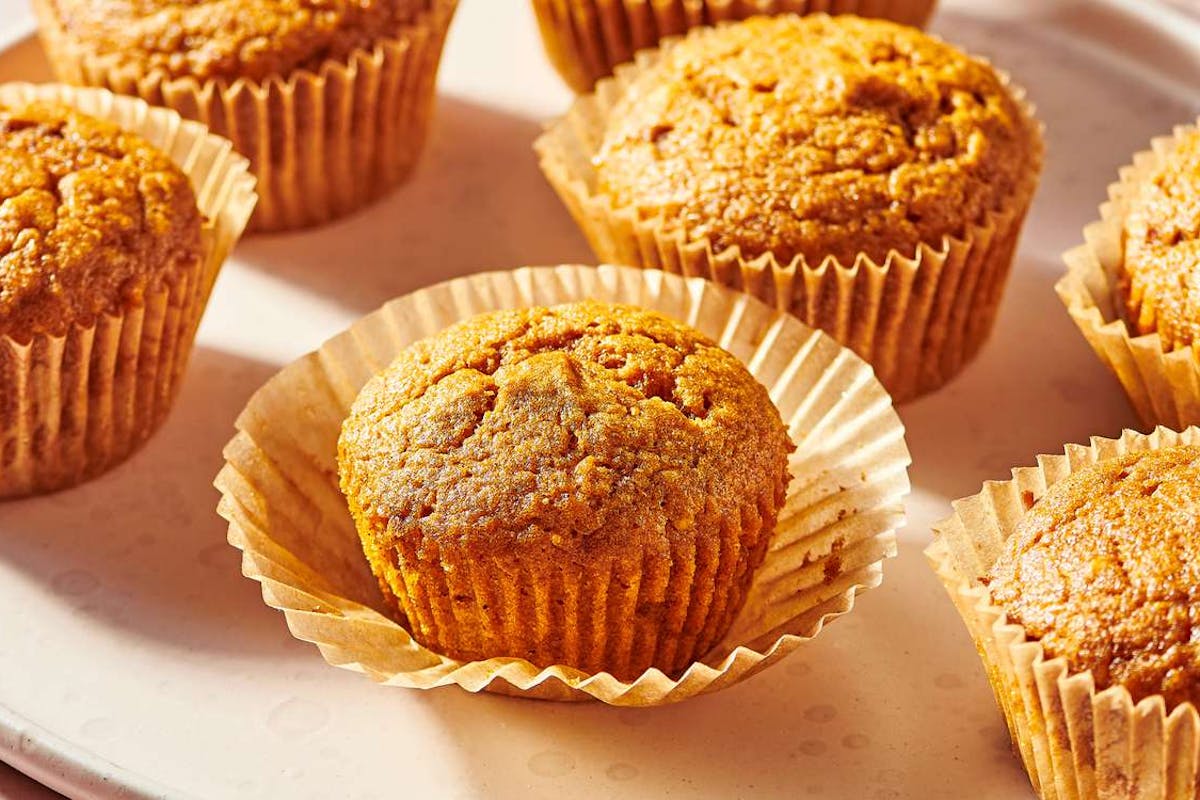Pumpkin Everything: Healthy and Easy Pumpkin Recipes

As autumn approaches and pumpkins begin to appear on porches, in pies, and in those very popular lattes, it’s easy to overlook that this iconic seasonal fruit is more than just festive decor or flavoring. In fact, pumpkin is a nutrition powerhouse.
Whether you enjoy it roasted, pureed, or baked in muffins, pumpkin offers a wide range of health benefits. Let’s explore why you should make pumpkin a staple in your fall meals. We’ll also share a few healthy, flavorful recipes to get you started.
Nutritional Bonanza in a Gourd
Pumpkin is technically a fruit, though it’s often used like a vegetable in savory dishes. One cup of cooked, unsweetened pumpkin contains:
- Only 49 calories
- Almost 3 grams of fiber
- 79% of the daily recommended dietary allowance (RDA) for vitamin A
- 19% of the daily RDA for vitamin C
- 10% of the daily RDA for potassium
- 8% of the daily RDA for iron
What makes pumpkin especially beneficial is the combination of high nutrient density and low caloric content. It’s ideal for those watching their weight or seeking to improve their overall diet.
Top Health Benefits of Pumpkin
Eating pumpkin has many health benefits. Incorporating it into your diet can:
- Encourage eye health: Pumpkin is packed with beta-carotene, a compound your body converts into vitamin A. This vitamin is essential for maintaining healthy vision, especially as we age. The antioxidant properties of beta-carotene may also help reduce the risk of cataracts and age-related macular degeneration.
- Boost immunity: Thanks to its high vitamin A and C content, eating pumpkin supports a stronger immune system. Vitamin C encourages white blood cell production, while vitamin A helps regulate immune responses.
- Aid in weight management: Pumpkin is low in calories but high in fiber, which helps you feel full longer and supports healthy digestion. The fiber also helps regulate blood sugar levels and promotes a healthy gut microbiome.
- Support heart health: The potassium in pumpkin can help reduce blood pressure, especially when balanced with lower sodium intake. Additionally, antioxidants like vitamin C and beta-carotene reduce inflammation and oxidative stress—two factors linked to heart disease.
- Promote healthy skin: Beta-carotene acts as a natural sunblock, helping to protect your skin from UV damage. Plus, the vitamin C in pumpkin helps your body produce collagen, which keeps skin firm and youthful.
Healthy Pumpkin Recipes to Try
Ready to start cooking with pumpkin? Here are some delicious, health-conscious recipes that go far beyond pie.
- Pumpkin Red Lentil Soup: Vegan and gluten-free, this soup makes a high-protein meal that’s ideal for cozy fall evenings. It’s also a good lunch option served with a side salad.
- Roasted Pumpkin Salad: This simple, six-ingredient salad is a great choice for lunch or a light dinner. And it’s quick and easy to prepare.
- Healthy Pumpkin Muffins: Excellent for breakfast or a snack, these muffins are packed with oats and natural sweetness. You can bake a batch and freeze some for later.
- One-Pot Vegan Pumpkin Alfredo: A rich and comforting dish that’s free of the heavy cream you typically find in an alfredo recipe. It’s a hearty meal for a cool fall or winter day.
- Pumpkin Chia Seed Pudding: Perfect as a make-ahead breakfast or dessert, this tasty dish is full of fiber and omega-3s. Your whole family will enjoy this one.
Stay Safe This Fall With a Mobile Monitoring Device
Fall is often when people like to head out to the pumpkin patch, go on a nature walk, or take a hike in a nearby park. The cooler, less humid days make these outings more enjoyable. To give you added peace of mind, especially if you are going alone, consider investing in a mobile monitoring unit.
These devices can easily be slipped into your pocket or backpack. In the event of an emergency, a simple press of a button can connect you with help. Call 1-844-203-5617 for more details!